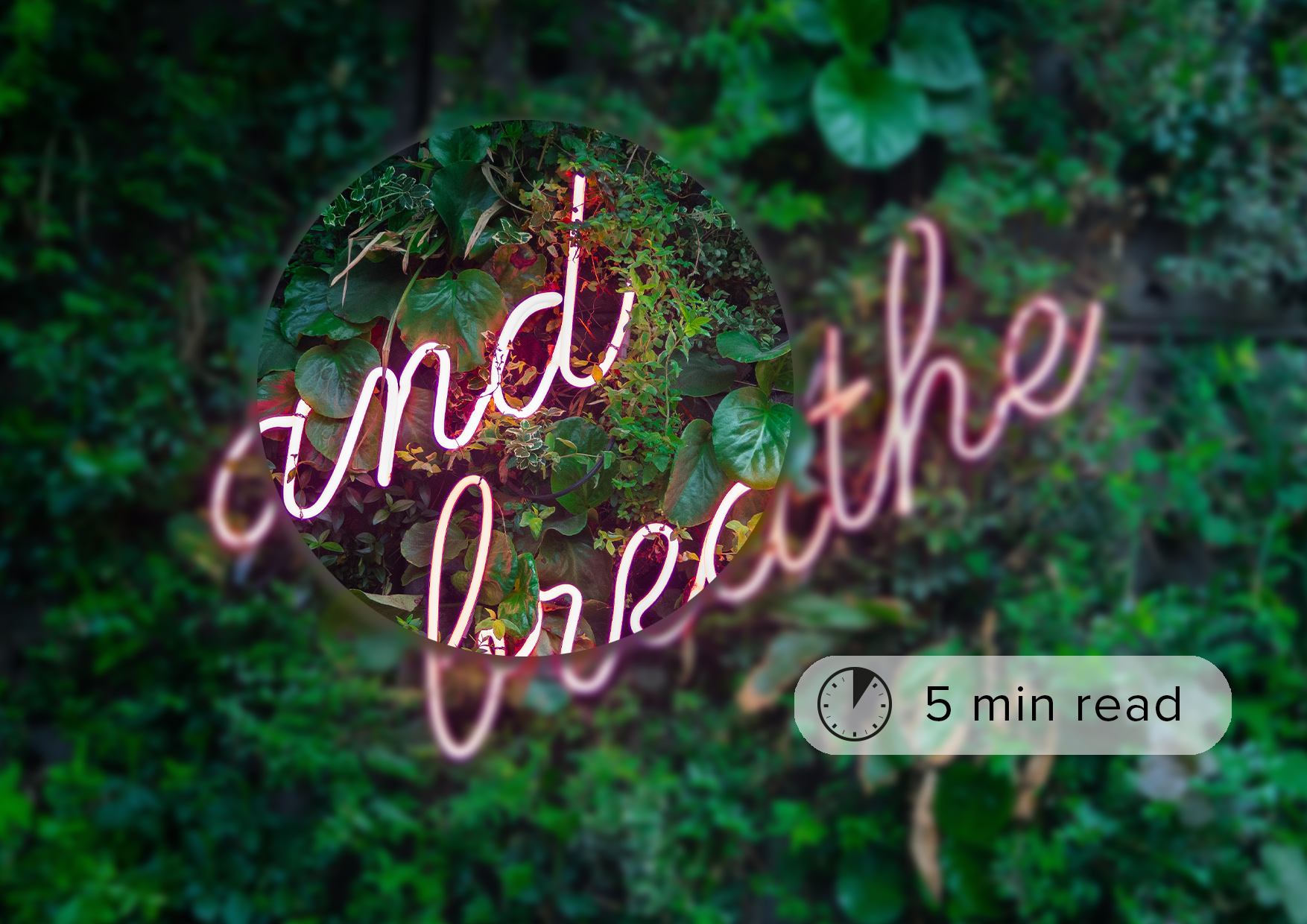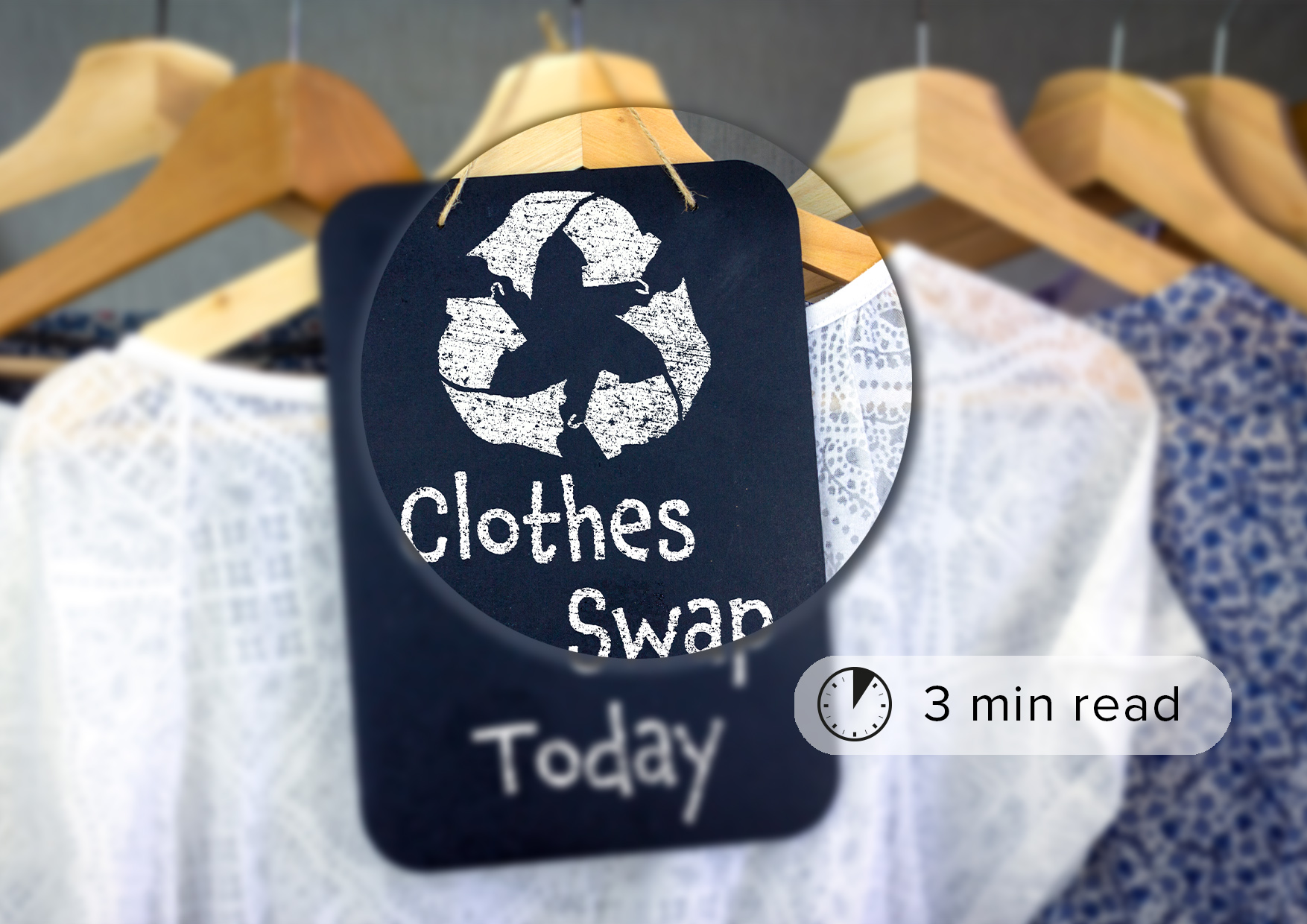Reading and wellbeing go hand in hand and it’s something we’re passionate about in the 4meWorld team. As we go into a new year where looking after yourself is more important than ever, we wanted to share some of our favourite wellbeing reads with you.
Sam recommends The unexpected joy of being sober – Catherine Gray

Discovering a happy, healthy, wealthy alcohol-free life
Catherine Gray’s book, The Unexpected Joy of Being Sober, details her battle with problem drinking in a warm and light-hearted manner. While I don’t have a bad relationship with alcohol, I did feel the tips for cutting down consumption definitely resonated with me.
Gray discusses how much more enriched her life has become without alcohol and the book is packed full of facts for the ‘sober curious’. It also signposts some great wellness social media accounts for those who want to live life a little more clear headed.
What I also found interesting was how many celebrities I didn’t know are teetotal, from Zac Efron to Brad Pitt. Sobriety doesn’t seem to have done them any harm!
The book may not have convinced me to go completely sober (at the time of writing), but when reaching for the next drink I’ve been left asking myself ‘Do you really need another’?
Max recommends Think like a monk – Jay Shetty (Audible version)

You don’t have to be a monk, to think like one
If ever we needed some actual practical help to calm our minds, increase resilience and cope with escalating levels of anxiety, it’s now! And for me, turning to the wisdom and experience of Jay Shetty in these dark days has made all the difference.
In his book Think like a monk, Jay offers inspirational insight into the often intense, conceptual lessons he learned during his time as a monk. And though it’s interesting to follow his journey to enlightenment, joy and mental freedom, the real jewel is his ability to apply what he learned to the daily mental exercises and advice he shares, and which we can all benefit from.
If you want to delve into and build your own hidden power, reduce stress, learn how to forgive yourself and others, release your mind from endless negativity or even just discover a bit of self-love, this book is a great first step. And if you’d like the enhanced experience of hearing these wise words straight from Jay himself, I’d highly recommend you curl up on the sofa with a cup of tea and listen to the Audible version so Jay’s words of wisdom can wash soothingly over you.
While I’m usually a fan of cover to cover reading so I can lose myself in the narrative, this book lends itself really well to return visits. You’ll find new cherries worth picking as well as those which become fruitful staples on your path to greater joy and a life filled with purpose.
In the spirit of well wishing, I’ll leave you with one of Jay’s many inspirational quotes: “Let’s not make happiness and success about the size of our homes, but about the size of our hearts; let’s not make it about gratification but gratitude.”
Rachel recommends No such thing as normal – Bryony Gordon
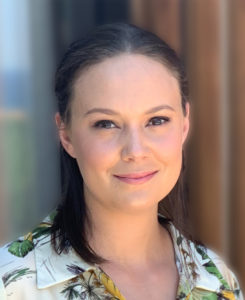
What my mental illness has taught me about mental wellness
In Bryony Gordon’s latest book No such thing as Normal, she uses her own experience of mental illness to compile a practical, compassionate guide to mental wellbeing. As a person who lives with Obsessive Compulsive Disorder (commonly known as OCD) and anxiety, I found this book refreshing, relatable and most of all helpful to my situation. Bryony isn’t afraid to talk about difficult issues and her chapter on Lockdown and its effects on our mental health is particularly poignant.
Bryony helps the reader put in place a practical plan to help them look after their mental health – including an incredibly detailed chapter on how to get help and what to expect when you make the brave decision to take that step.
I came away from this book feeling mentally stronger and I’ve since used some of Bryony’s tips and analogies to help me in times of struggle or uncertainty.
Sam recommends Love imperfect things – Haemin Sunim

How to accept yourself in a world that’s striving for perfection!
I came across this simply written, calming book in January last year. I can’t remember how I actually came to know about it, but I’m glad I found it. This book probably won’t tell you anything you haven’t heard before but even still, it made me reflect on my own life; the facades I present to the world, my capacity for empathy, pride, failure, and acceptance during life’s ups and downs.
The book, written by a Buddhist monk, is packed with wisdom and illustrated with real life stories on topics like career, relationships, and stress. Reading it was like being wrapped in a warm blanket – it somehow made me feel more happy, peaceful and content. I think it’s a book I’ll always keep on my shelf.
Allan recommends The Power of Now: A Guide to Spiritual Enlightenment – Eckhart Tolle
 Living in the now is the truest path to happiness and enlightenment.
Living in the now is the truest path to happiness and enlightenment.
This book really struck a chord with all we’re going through just now. Eckhart Tolle encourages us to really appreciate the present moment and spend less time worrying about what might (or probably won’t) happen in the future.
During lockdown I know I’ve been guilty of letting my mind wander and worry about things I’ve no control over. The Power of Now explains how to enjoy the space we’re in, be present and enjoy what we’ve got right in front of us. He encourages us to really experience the moment, because in a second it’s gone and you won’t have the chance to enjoy it again.
We’d love to hear from you – what books have you been reading to boost your wellbeing? Let us know in the comments below!

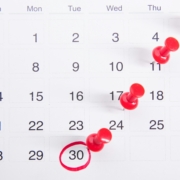

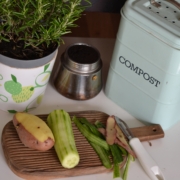

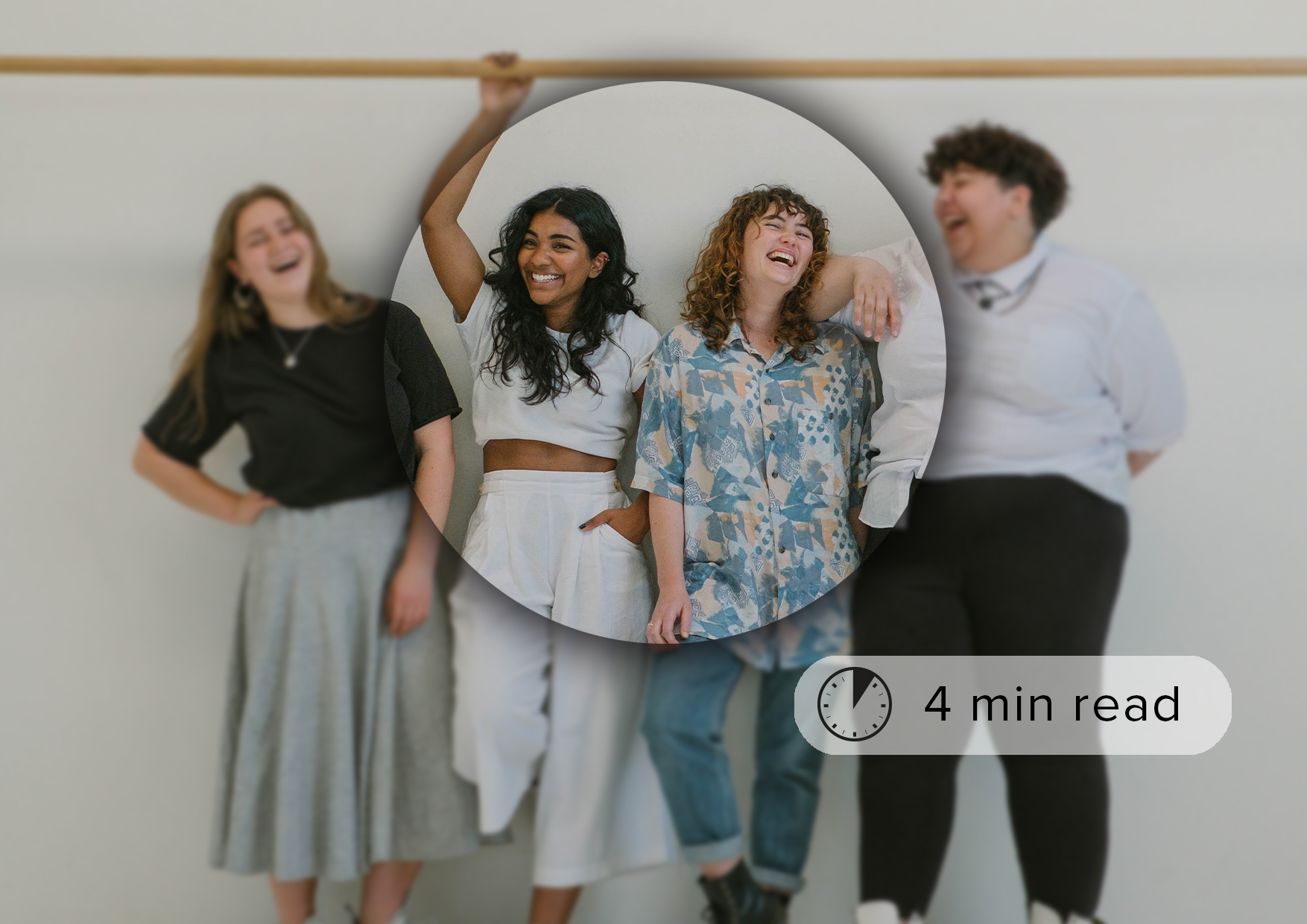
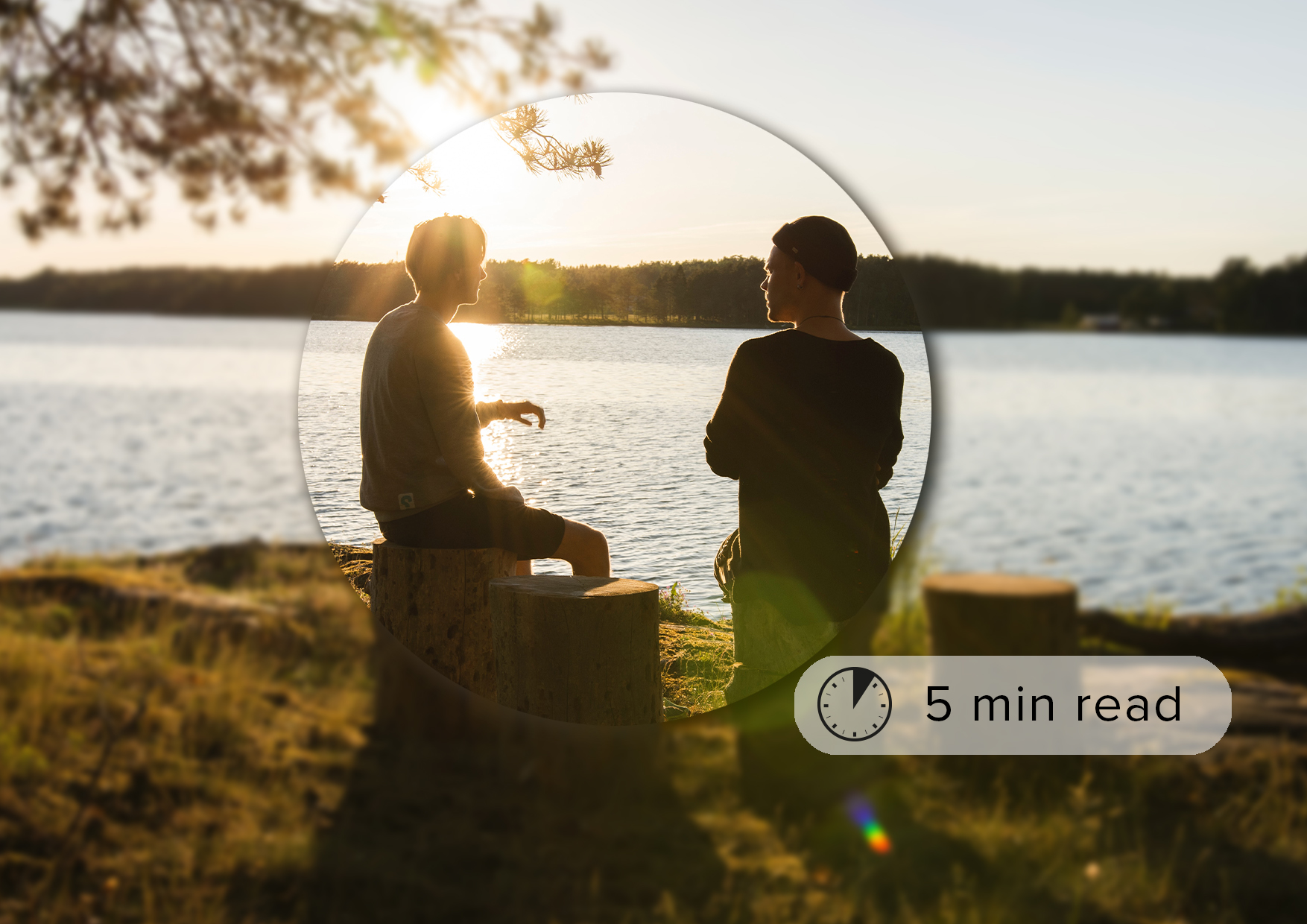
 Prince William, a well-known advocate for raising the awareness of mental health, filmed a BBC
Prince William, a well-known advocate for raising the awareness of mental health, filmed a BBC 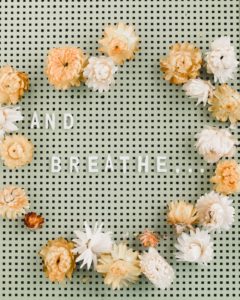 We might not be able to talk face to face at the moment, but it doesn’t mean we can’t all make a difference. Time to change will be holding a first ever
We might not be able to talk face to face at the moment, but it doesn’t mean we can’t all make a difference. Time to change will be holding a first ever 




 Living in the now is the truest path to happiness and enlightenment.
Living in the now is the truest path to happiness and enlightenment.

